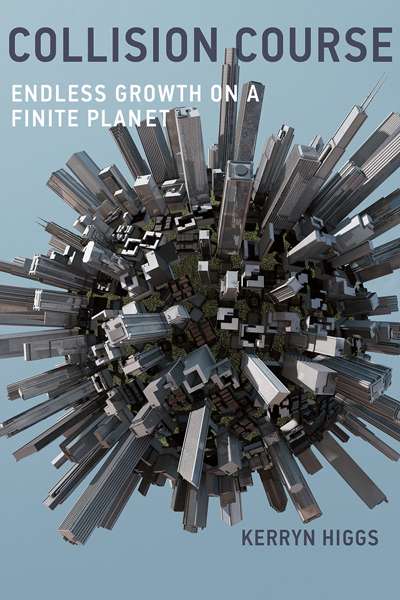Ian Lowe
The Optimistic Environmentalist: Progressing Towards a Greener Future by David R. Boyd
by Ian Lowe •
To complement the essays, commentaries, reviews, and photographic essay in this issue, we asked a group of leading environmentalists, scientists, commentators, and writers what they regard as the most urgent action needed for environmental reform.
Wayne Bergmann
There is an urgent need for widespread recognition of the interrelationship between the ...
Collision Course: Endless growth on a finite planet by Kerryn Higgs
by Ian Lowe •
The Weather Makers by Tim Flannery & Living In The Hothouse by Ian Lowe
by Robyn Eckersley •





